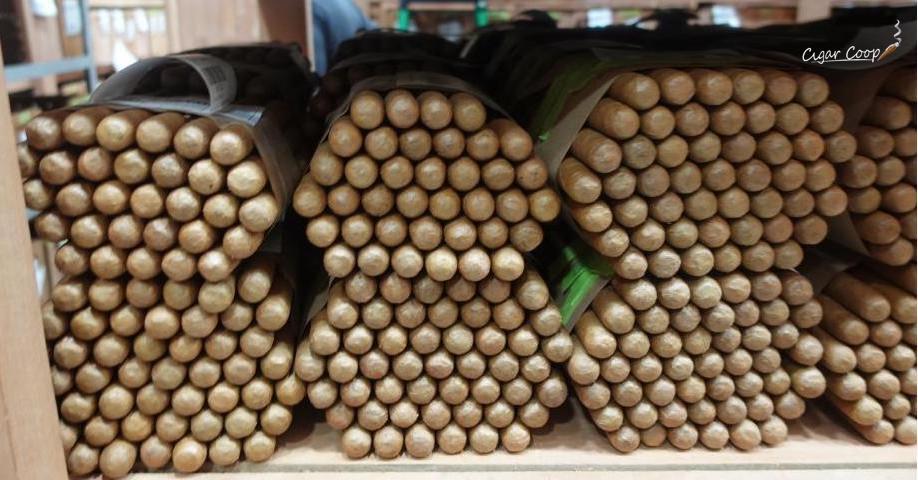On April 2, President Donald Trump unveiled a significant set of tariffs on imported goods, which notably included premium cigars. The President based this decision on ongoing trade deficits, imbalances in trade relationships, and issues such as currency manipulation and the implementation of foreign value-added taxes (VATs). To authorize these measures, he declared a national economic emergency, leveraging the powers granted by the International Emergency Economic Powers Act of 1977 (IEEPA).
The tariffs announced include:
- Universal tariff on all countries effective April 5, 2025, at 12:01 a.m. EDT.
- An individualized reciprocal higher tariff rate for countries with a significant trade deficit, effective April 9, 2025, at 12:01 a.m. EDT.
The tariffs will remain in effect until the President determines that the threat posed by the trade deficit and underlying nonreciprocal treatment is satisfied, resolved, or mitigated.
Reciprocal tariffs are being implemented against various countries involved in cigar production. China is a significant player in this industry, hosting many companies that manufacture cigar accessories and boxes and levying high import taxes on U.S. goods. Additionally, it is essential to note that for cigar-producing companies, the U.S. will impose the highest reciprocal tariff rate of 18% on cigars from Nicaragua. Nicaragua is another country that levies high tariffs on U.S. imports.
| Country | Tariff Charged to U.S. | U.S. Reciprocal Tariff |
| Dominican Republic | 10% | 10% |
| Honduras | 10% | 10% |
| Nicaragua | 36% | 18% |
| Costa Rica | 17% | 10% |
| China | 67% | 34% |
Cigar Association of America (CAA), Cigar Rights of America (CAA), and the Premium Cigar Association (PCA) have all confirmed the reciprocal tariffs above.
In a statement to Cigar Coop, Joshua Habursky, Executive Director of the PCA, said, “We are monitoring the situation and engaging with appropriate stakeholders to protect the robust premium cigar market in the United States. The administration is well aware of the importance of small business retail in main streets across the country. We hope to mitigate cost burdens on retailers, manufacturers, and consumers overall. America is first in the premium cigar retail space, and we plan to continue to hold that position.”
The timeline for implementing tariffs poses significant challenges for the premium cigar industry. In particular, the Premium Cigar Association (PCA) Trade Show is set to take place from April 12, 2025, in New Orleans, Louisiana. Many cigar and accessory companies have already announced pricing, and in some cases pre-orders have been done.
This is a developing story
Photo Credit: Cigar Coop








April 3, 2025 @ 2:58 pm
As a retailer and Economist (I have a BS in Econ from University of Maryland) I assume, based on the math and typical human nature, the tariffs being imposed on cigar imports will increase the final price of the cigars at three potential points — at the point of entry in the US, in the wholesale price to retailers from the US based importers and at the point of purchase for the consumer. So, how much a tariff adds to the cost of a cigar will depend on each decision maker in the pricing chain. I’m actually going to try to compute the actual cost of the new tariff and print it on the price tag on my cigars. It would be nice to know approximately how much the new tariff is adding to the price of each cigar when the consumer gets to the cash register.
By the way, there hasn’t been a lot of talk about how much various items such as pipes, pipe tobacco, lighters, cutters, etc… will increase, but almost none of the foreign sourced items will be spared.